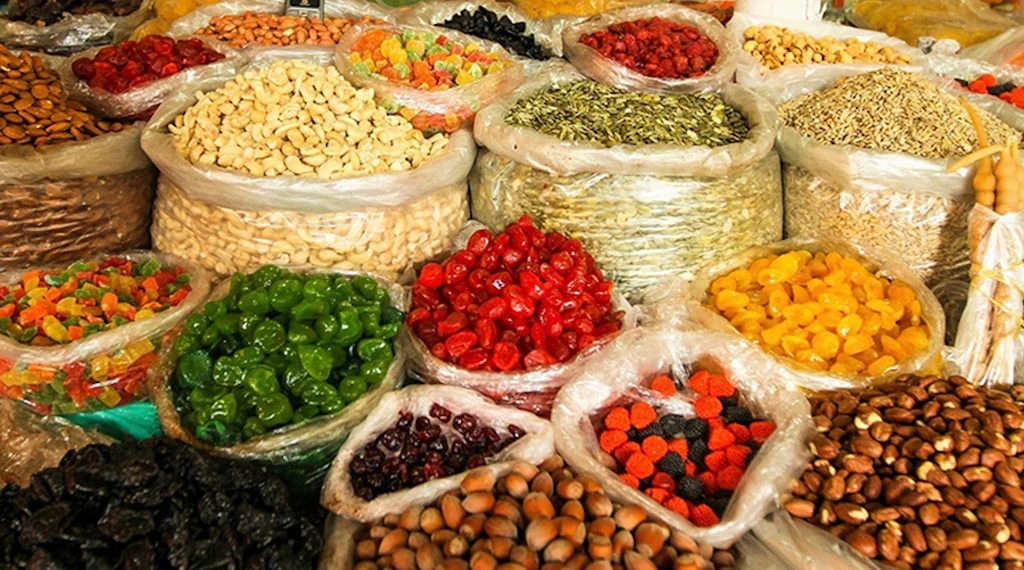To increase food production and lower food inflation, the agricultural sector’s stakeholders convened, including the ministers of agriculture and food security, finance, and coordination of the economy, Wale Edun, and budget planning, Atiku Bagudu.
The National Agricultural Growth Scheme and Agro Pocket (NAGS-AP) Program directive, issued in response to President Bola Ahmed Tinubu’s declaration of a food security emergency, was followed by the meeting that took place over the weekend in Abuja.
After the conference, Kyari gave a speech in which he said that the forum’s goal was to examine how the 15 wheat-producing states of the Federation were implementing the dry season wheat production in 2023 and 2024.
The Minister stated that shortcomings in the execution process had been noticed, which is why a thorough and collaborative assessment of the efforts made was necessary, along with the recommendation of corrective actions to prevent future occurrences.
He stated that personnel will be sent to oversee and coordinate the supply chain operations in order to address some of the issues raised during the program’s initial phase.
In his speech, Edun noted there were large intervention funds for the agricultural sector to grow more rice, maize, wheat, and cassava.
Nigerian agricultural space is among the most elastic in the world, according to Minister of Budget and Economic Planning Atiku Bagudu, who made this statement in his message of goodwill. If there is increased investment in the industry, every farming season has the potential to provide a miracle.
Kyari has emphasized the necessity for states to provide the federal government with information on reliable farmers in order to distribute inputs in an efficient manner.
The call was in response to claims of round-tripping by certain farmers, who allegedly obtain government-provided field supplies and then sell them to agro-dealers for a reduced price in November 2023, when farming is dry.
The minister emphasized that the provision of reliable farmer data and precise geo-reference farmlands will be critical to the success of the second phase of dry season farming during his meeting with the governor of Kebbi State last weekend.
He promised that they would make sure that agricultural inputs and other assistance reached the actual farmers, who possess the necessary hectares for cultivation and are not dependent on pot-folio farmers who pilfer agricultural materials and then resell them at the expense of the actual farmers.
In addition to declaring that more than two-thirds of Kebbi State’s local government areas are appropriate for rice growing, the governor also delivered a letter of interest expressing his state’s desire to participate in the second stage of dry season farming.
The governor said that because the state values agriculture so highly, fertilizer worth around N2.8 billion was bought and given to farmers at no cost.
He said that 320,000 metric tons of various grains had also been bought and given to farmers at no cost, and that if helped, Kebbi State farmers were prepared to grow and could feed the entire nation.
